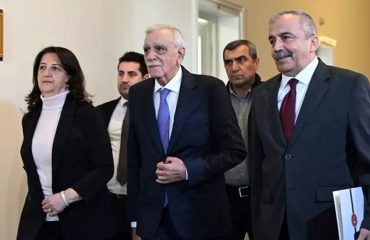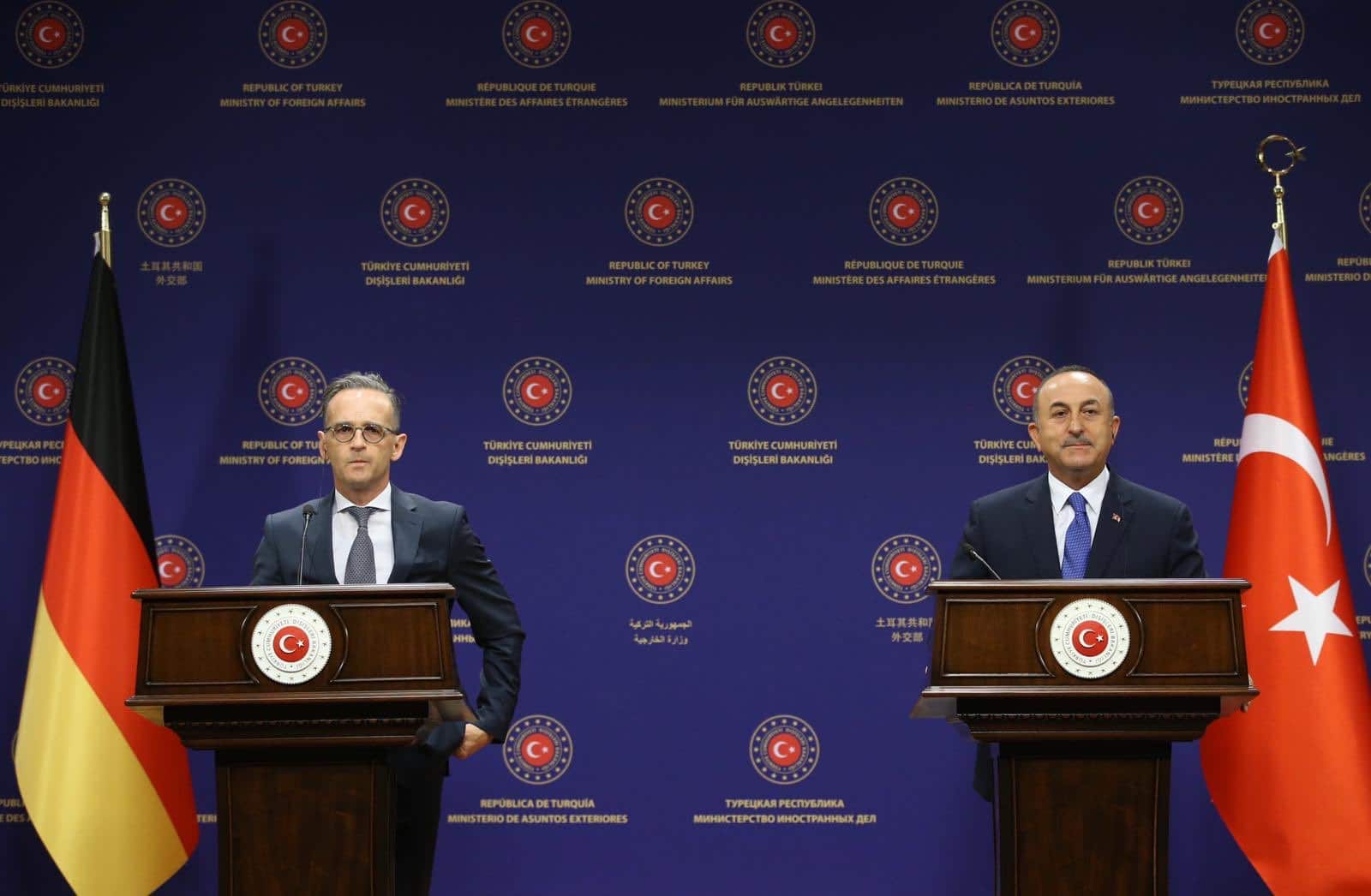
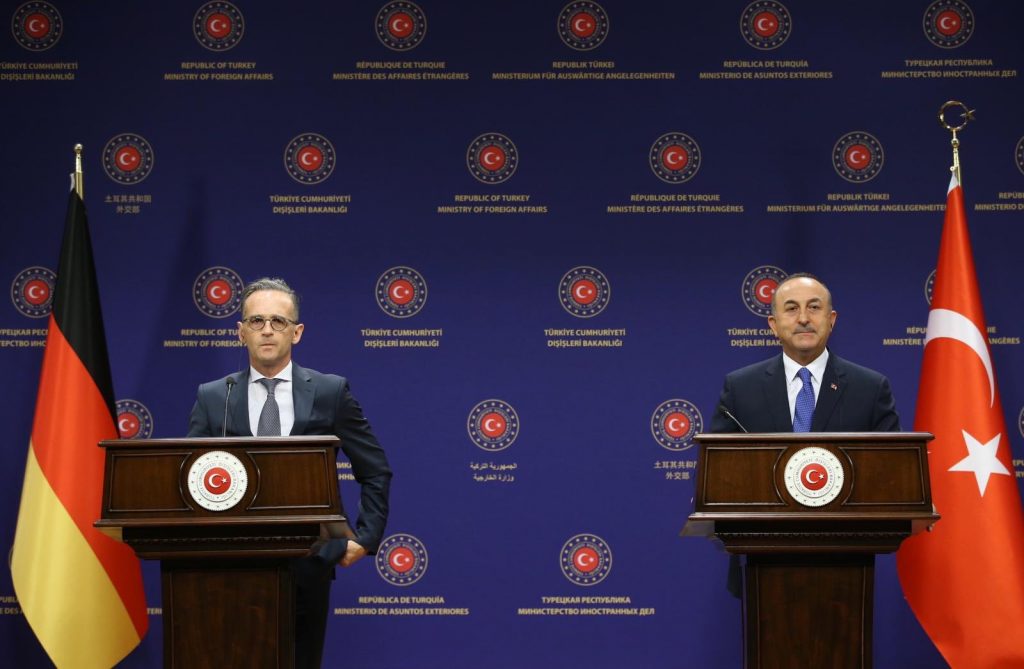
German Foreign Minister Heiko Maas discussed the escalating tension in Cyprus and the Eastern Mediterranean first with his Greek counterpart, Nikos Dendios, in Athens, and then with Turkish Foreign Minister Mevlüt Çavuşoğlu in Ankara on 25 August. Maas will share his impression from these meetings at the European Union (EU) Foreign Ministers Meeting in Berlin scheduled for Aug. 27-28. Turkey is also planning to send its drilling ship Oruç Reis, accompanied by the navy, off southern Cyprus. Maas said before leaving for the meetings that his goal was the “start of direct talks in the region”, which means a dialogue between Turkey and Greece over the territorial waters in the Mediterranean Sea and the borders of exclusive economic zones. However, bilateral dialogue with Turkey is not something that Greece wants. This is why Dendias said after the meeting with Maas that the EU should stand against Turkey. However, Dendias and Prime Minister Kriyakos Mitsotakis have already refuted their thesis by accepting the mediation of the EU member Germany. Hasn’t Germany already demonstrated that the EU will not side with Greece as a whole when it offered mediation as the NATO ally of both countries? Maas promised EU support to Greece before leaving Athens, though current facts give the impression that it was said just said for diplomatic reasons.
The EU is not de facto behind Greece
There are two EU governments that openly support the Greek theses in the Eastern Mediterranean: the Greek Cypriot and French governments. Emmanuel Macron recently tends to waste the well-established relations based on common interests of the two countries. This trend can be observed not only in Cyprus and the Eastern Mediterranean issues but also in Libya in Syria. During the latest tensions, he sent warships and warplanes to base in Cyprus.
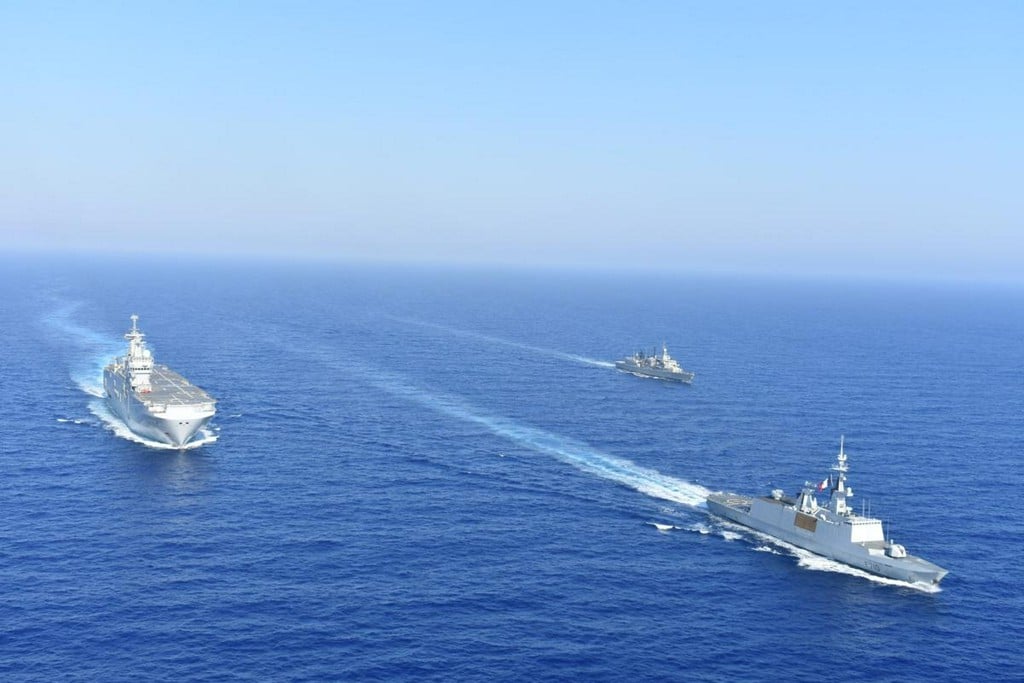
However, looking at the duel of naval exercise that led to the recent escalation of tensions, we can see that Turkey is holding a joint drill with EU-member Italy in waters that Greece issued a Navtex (an international naval message, warning of operations in a given region) for. Turkey and Italy, along with another EU-member, Malta, are cooperating with the Feyiz al-Sarraj in Libya, unlike France and Greece. Germany is a mediator also in Libya. Besides, Germany is also concerned about a new wave of immigration that may occur if both crises do not resolve.
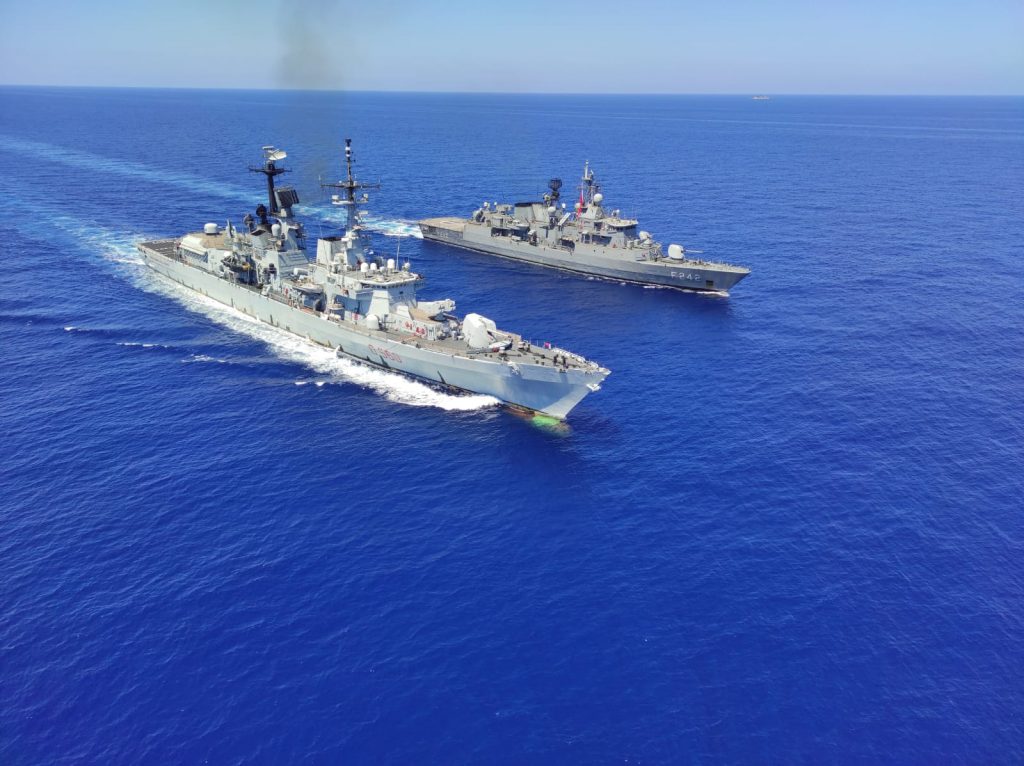
At a joint press conference with Maas, Çavuşoğlu accused Greece of trusting the EU and “being spoiled”. Mitsotakis’ contacts with U.S President Donald Trump have not yielded any results so far. Mitsotakis cannot accept the fact that neither the EU nor the U.S. would be involved in a conflict for the sake of their doubtable interests.
No room for bluff in Cyprus, Eastern Mediterranean
When Maas talked about the analogy of “playing with fire” and “sparking” in Ankara, Çavuşoğlu gave a harsh response, targeting Athens, not Berlin. Turkey “would not make a mistake,” but it would do whatever it takes, Çavuşoğlu said. One day earlier, Defense Minister Hulusi Akar had published a photograph of his assessment meeting the whole command level in an unlikely move.
In fact, Turkey had already proven that it would afford any conflict for its rights in Cyprus and the Eastern Mediterranean, and it was not bluffing. In 1964, Prime Minister İsmet İnönü responded to the remarks by U.S. President Lyndon Johnson on Cyprus, saying that Turkey would quit the NATO if necessary. When a fascist junta overthrew the government in Cyprus in 1974, some interpreted Turkey’s warnings as a bluff, but then came its military intervention. In 1996, the U.S. was forced to step in when it was realized that isles of Kardak/Imia, which were armed by Greece despite an agreement, and the Greek warships in the region were within the reach of Turkish artillery fire and could be targeted without a need for Turkish fighter jets or warships. There is enough proof to show that Turkey is always ready to burn the bridges if the issue is about Cyprus or the eastern Mediterranean, regardless of the government in charge.
With this perspective, an unconditional call for dialogue may come out of the Berlin meeting. Otherwise, it seems that the tension will continue.
And just keep in mind that all these started with Abdul Hamid II (1842-1918, an Ottoman Sultan generally praised by the conservative politicians in Turkey) handing over Cyprus to the U.K. without firing a single bullet but as a present for saving his throne from the Russians. That also happened with an agreement in Berlin in 1878, Those who try to despise Turkey’s founding father Atatürk and his successor İsmet İnönü, who saved the country from occupation and founded the Republic, of course, would not want us to remember this.

